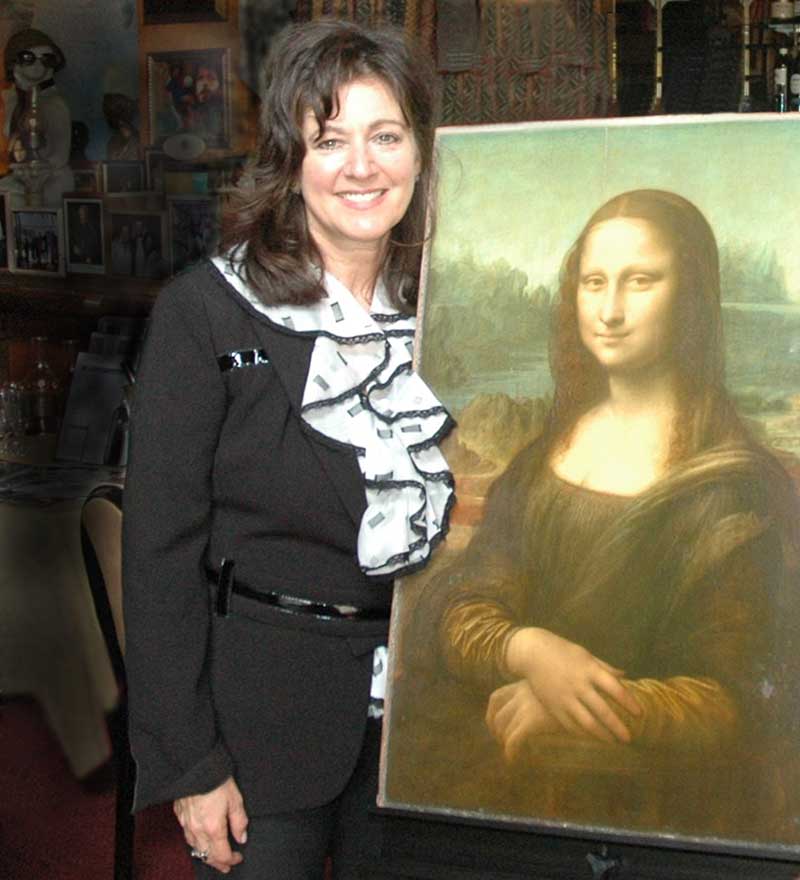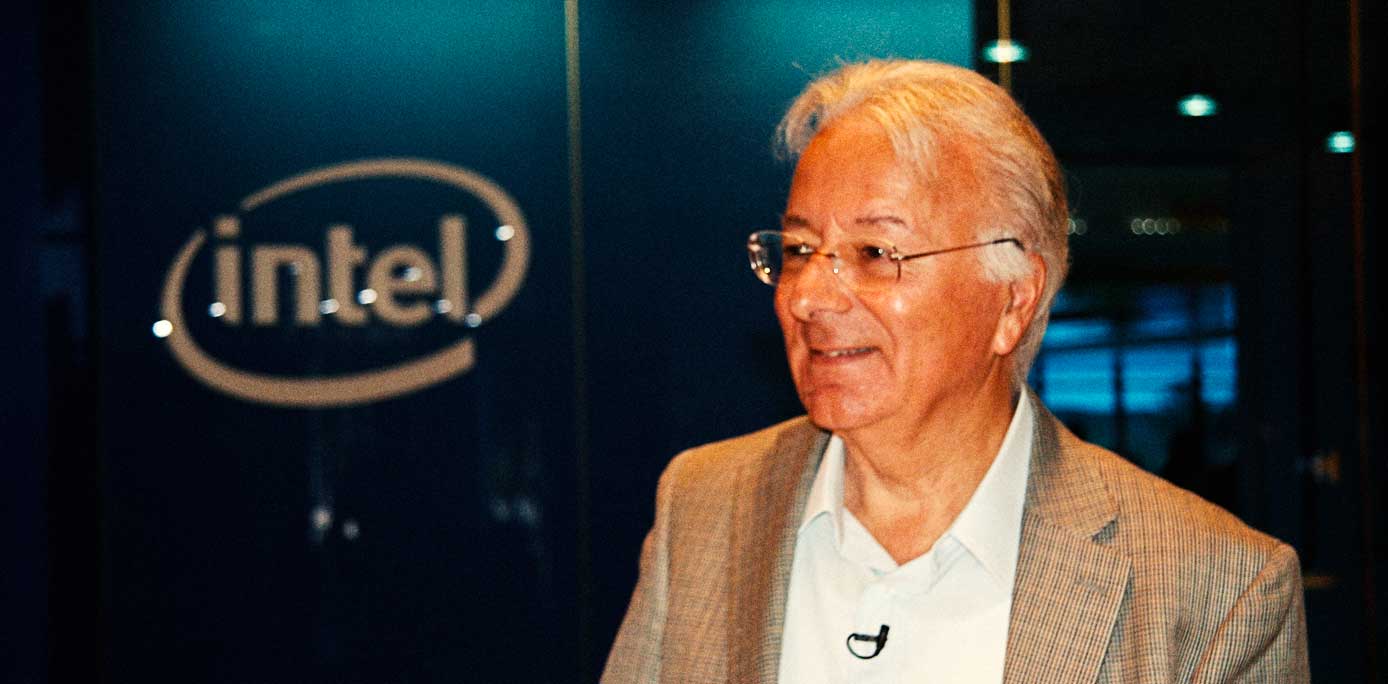Have you ever asked yourself this/the question, “What must it have been like being someone like Leonardo da Vinci.” It is likely very few of us will ever know the answer to that question. There is someone, however, who can answer that question who shares that journey with us in a most interesting way. On December 16, 2015, Massimiliano Finazzer Flory starred in “Being Leonardo da Vinci” at San Francisco’s Strand Theater.
“Being Leonardo da Vinci” is a one-act play, written by and performed by Flory, that depicts Leonardo as if he is being interviewed by a modern day journalist conducting what could be called “l’intervista impossibile”, the impossible interview. In this unique format we find Leonardo sitting across from a reporter who asks him questions people have wanted to ask for centuries.
Renowned Italian director and actor Flory transforms into Leonardo by dressing in period costume and wearing makeup so skillfully applied it reconstructs da Vinci’s face. Flory brings da Vinci to life on stage in a one-act play during a one hour period all the while portraying the work of a genius, his secrets, his passions and thoughts on his paintings and life.
Leonardo di ser Piero da Vinci, known to most of us as Leonardo da Vinci, was born in Florence in 1452 (Died in 1519). He was an Italian inventor, painter, sculptor, architect, scientist, musician, engineer and his interests also included mathematics, literature, anatomy, geology, astronomy, botany, writing, history, and cartography. Leonardo has been variously called the father of paleontology, and architecture, and is widely considered one of the greatest painters of all time. Among his works as a painter are the Mona Lisa and The Last Supper. Leonardo is widely recognized as one of the most multi-talented individuals ever to have lived. Many historians and scholars regard him as the prime exemplar of the “Universal Genius” or “Renaissance Man”, an individual of “unquenchable curiosity” and possessing a “feverishly inventive imagination”.
In a recent interview, L’Italo-Americano asked Flory what prompted him to write and perform this unique, one-act play. He responded: “I wanted to stage for the first time listening to Leonardo through true words and true thoughts, through research that connects all the interests of Leonardo, from botany to painting, from architecture to physics, from painting to science. The search for beauty with the technical art becomes total theater. Leonardo is the Renaissance that everyone has within himself when nature and experience become culture.”
Do you have a favorite acting role that left a lasting impression on you?
“It is Leonardo. Not just because he is a universal character, but also because to interpret Leonardo means to assume the face with extraordinary make-up and acquire language by use of the hands as Leonardo would have done so himself. In other words, a triple interpretation: language, face and body.”
Why did you decide on a one-hour play as the vehicle to tell this story?
“The show lasts 67 minutes because 67 are the years lived by Leonardo and 60 are the questions in the show. The most important inspiration is to go inside Leonardo’s head and ask yourself psychologically the question: Who was really the man Leonardo?”
As an actor, what methods did you draw from in order to bring da Vinci from a historic figure into the modern world of today?
“I wanted to use the format of the interview in order to achieve two goals. On one hand the truth of Leonardo because I speak on stage with his words and I use a language of the late 1400s. On the other hand, the interviewer’s questions are the result of our modern times with all our own presumptions, along with many doubts.”
If you had the opportunity to meet Leonardo, or to have him sit in the front row of a theater and watch your performance, what would that conversation be like? What are some of the questions you would ask?
“If I met Leonardo I would do exactly what I did for the show. In the play, I ask him 67 questions, one for each year of his life. If the conversation was private, however, would ask him if or what he felt dissatisfied about in regards to his works (of art). Also I would ask him to confess his relationships with women.”
Regarding his future plans, Massimiliano stated, “In 2016 I would like to bring the play to stages around the world, to cities where works of Leonardo exist in museums, thus forming the first network of museums highlighting the legacy associated with this work. I have another dream that is all-American; to represent the show in every US state.”






























